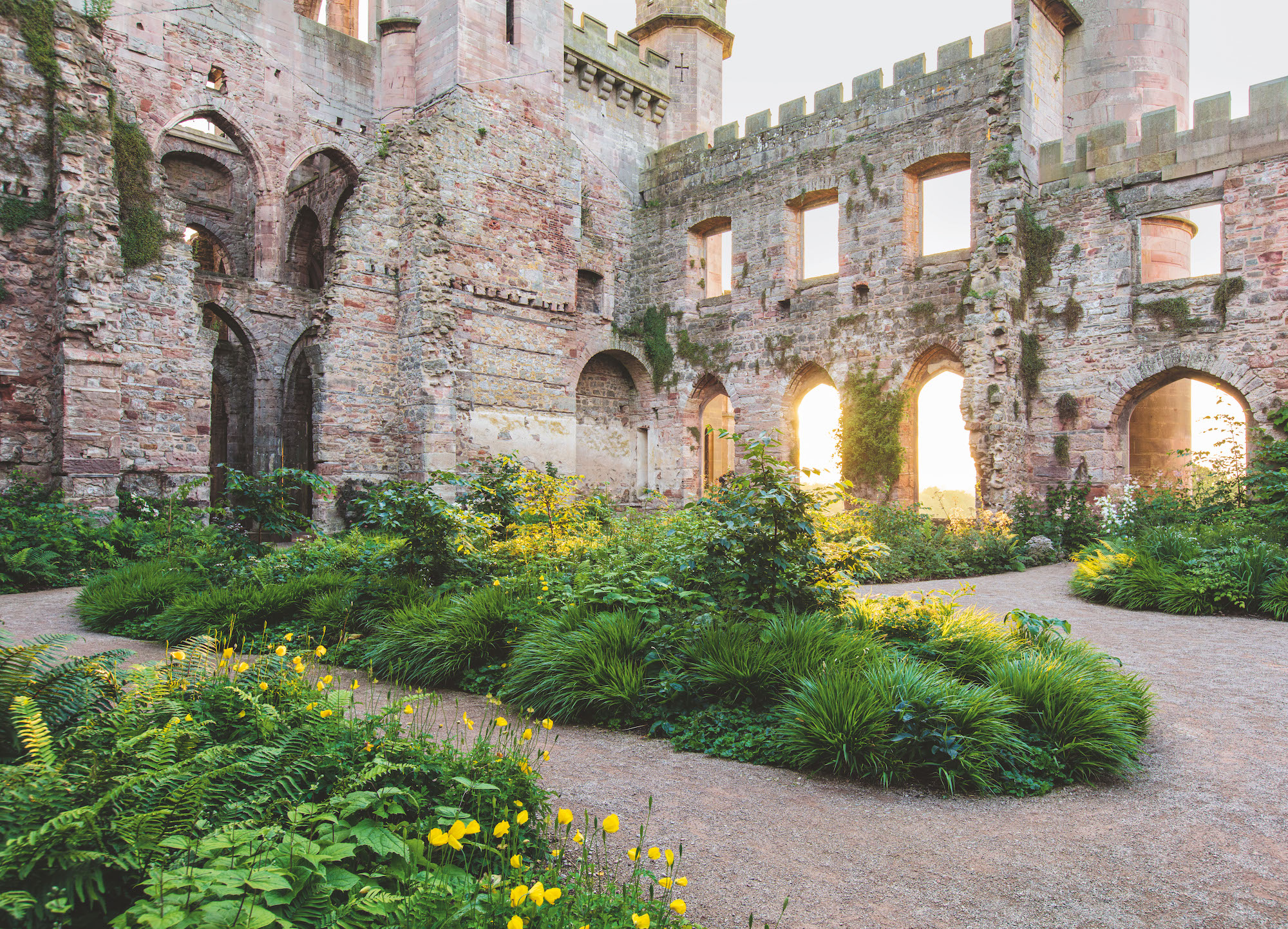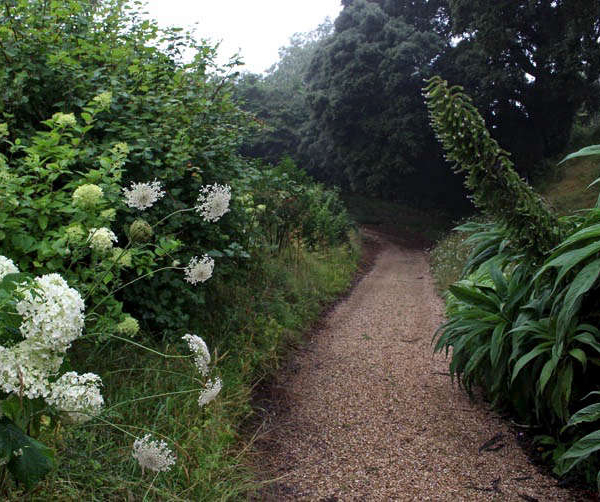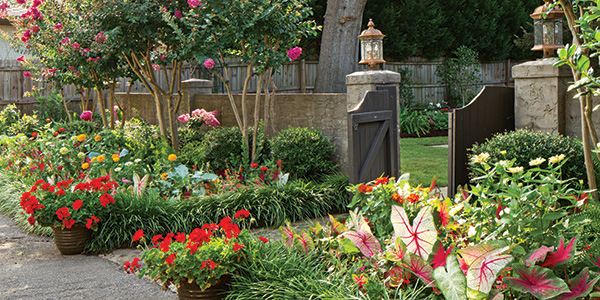The phrase “English garden” may conjure a particular image in your mind: perhaps the neatly clipped hedges and expansive lawns of a country estate or maybe an informal tumble of blossoms spilling over a path in a cottage garden. The recently-published book The English Gardener’s Garden proves, in 2023, there are a myriad of definitions of what an English garden is.
When Phaidon published The Gardener’s Garden in 2014, the globe-spanning, 500-page book was an instant success. Nearly ten years later, the publisher has narrowed their geographic scope to the English isles. The English Gardener’s Garden extracts the British gardens from the earlier book and offers updated photography and additional gardens for a total of more than 60 English gardens and 300 photographs.
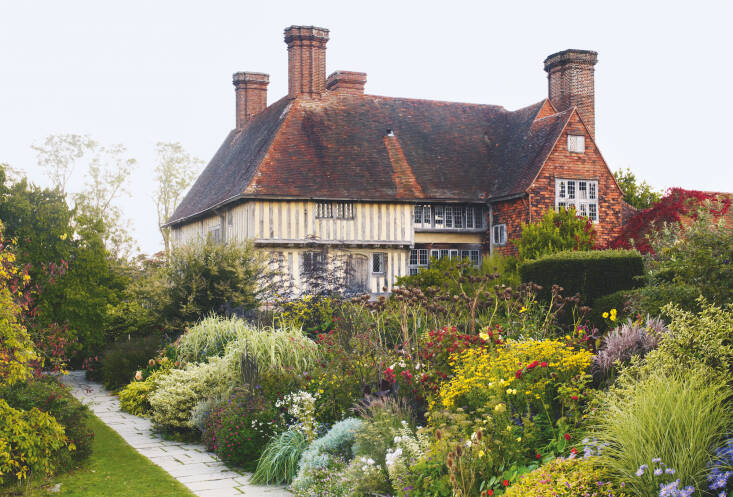
With a foreword by garden writer and designer Tania Compton and a brief history of English gardening by Dr. Toby Musgrave, The English Gardener’s Garden is a welcome addition to any Anglophile gardener’s library. It is part inspirational tome and part armchair travel experience with gorgeous photography to linger over.

The book can also be used as a practical guide for planning your next trip to visit English gardens: There’s even a directory of the gardens that are open to the public (we hear many of the private ones are often open as well through the National Garden Scheme’s visiting days).

The gardens in the book have roots going back 500 years and include designs by legends like Capability Brown and Gertrude Jekyll. These gardens “are not just a dialogue between art and nature but an entire conversation between the spirits of the creators past and present,” writes Compton in her foreword. Indeed, it is the tension between past and present and seeing ancient estates alongside contemporary designs that makes this book so interesting.

Inside you’ll find what Compton describes as “gardens that have risen from the ashes of a neglected past to stride with the times,” such as Dan Pearson’s garden planted amongst the ruins of Lowther Castle, and of-the-moment designs like the Maggie’s Centre Garden located at a cancer center in Southampton, Hampshire, that opened in 2021. The book also wanders into lesser known public and private gardens. I’ve bookmarked Rousham as a must visit for a future date after flipping through the book.
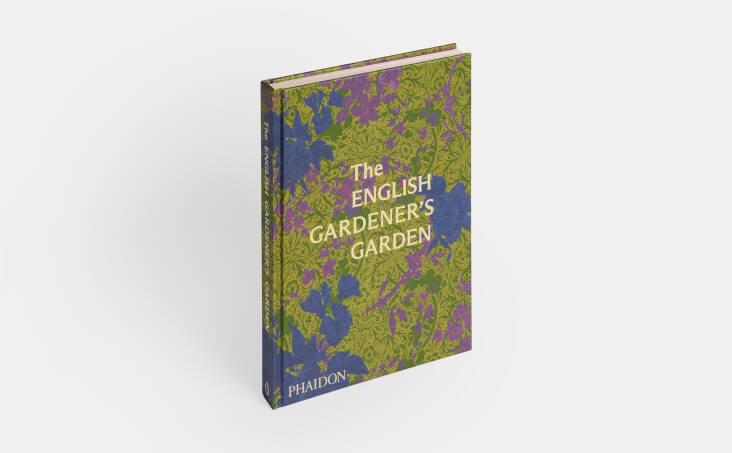
See also:
(Visited 11,758 times, 48 visits today)
Frequently asked questions
What is ‘Required Reading: English Gardeners’ Garden’ about?
‘Required Reading: English Gardeners’ Garden’ is a post on Gardenista that provides an overview and recommendations on books that every English gardener should read. It discusses how these books offer valuable insights into traditional English garden design, techniques, and plant selection.
Why is this post called ‘Required Reading’?
The post is called ‘Required Reading’ because it emphasizes the significance of the recommended books for English gardeners. The selected books are seen as fundamental resources that can greatly enhance one’s understanding and practice of English gardening.
What type of books are recommended in the post?
The post recommends a selection of books that cover various aspects of English gardening such as garden design principles, plant identification, garden history, and practical techniques. The recommended books cater to both beginners and experienced gardeners.
Are the recommended books specific to English gardens only?
While the emphasis is on English gardening, some of the recommended books may also be applicable and inspirational to gardeners outside of England. The principles and techniques discussed can be adapted to various gardening styles and locations.
Can I purchase the recommended books directly from the Gardenista website?
No, the Gardenista website does not directly sell books. However, the post provides links to popular online retailers where you can purchase the recommended books.
Can I access the post without a subscription or payment?
Yes, the post is freely accessible on the Gardenista website. No subscription or payment is required to read and benefit from the information provided in the post.
Are the books available in digital format or only in print?
The availability of digital or print format depends on the specific book. The post provides links to online retailers where you can check the format options for each recommended book.
How can I find additional book recommendations on Gardenista?
To explore more book recommendations on Gardenista, you can navigate to the ‘Books’ section on the website. There you will find a collection of posts featuring various gardening-related book suggestions.
Can I submit my own book recommendations to Gardenista?
While Gardenista does not explicitly provide information on submitting book recommendations, you can reach out to them through their contact information or social media channels to inquire about potential submission opportunities.
